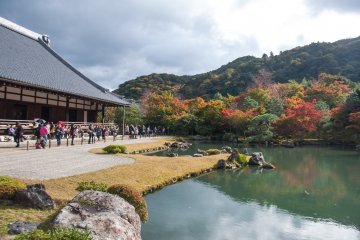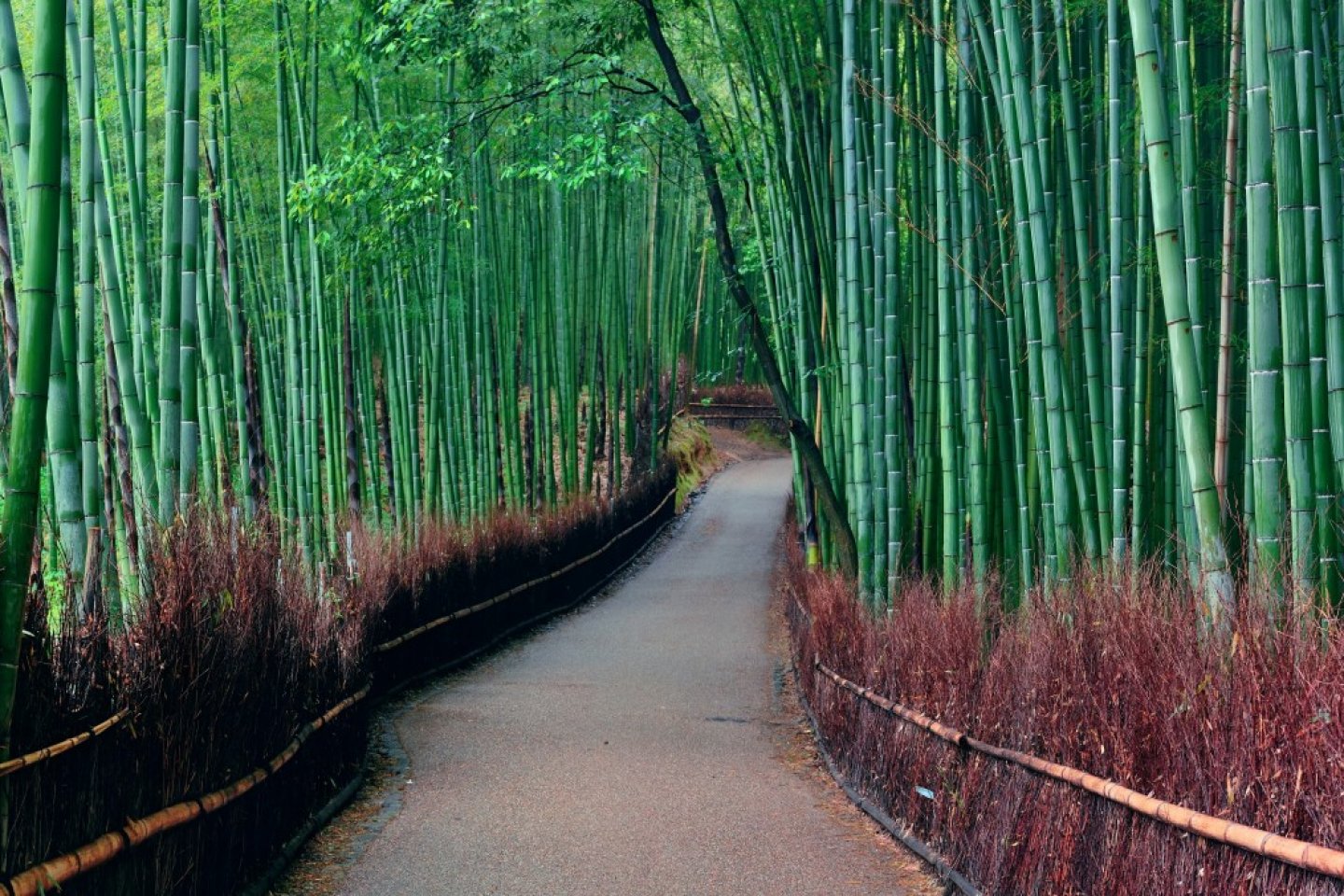

Arashiyama
Bamboo forests in this western Kyoto suburb
Things to do in Arashiyama
Upcoming Arashiyama Events

Umenomiya Taisha Plum Festival 2026
Each year on the first Sunday in March, Kyoto's Umenomiya Taisha Shrine is home to a plum blossom festival that celebrates the..

Kahoen Sakura Festival 2026
Kahoen is a mountainside garden in Kyoto known for its seasonal beauty, particularly the numerous sakura trees that bloom during..
Where to eat in Arashiyama

Famous Gyukatsu Restaurant Opening in Arashiyama
Veronica CarnevaleThis new restaurant is easily accessible by foot from Arashiyama Bamboo Forest, Arashiyama Station, and Saga-Arashiyama Station,..

Zen Buddhist Cuisine in Kyoto
Nicole BauerZen Buddhist Cuisine at Kyoto's Tenryu-ji temple is certainly a culinary adventure and definitely worth being put on the ‘..
 7
7
Sagano-yu, Arashiyama, Kyoto
Peter LinSagano-yu is an unusual cafe in the popular Arashiyama area in Kyoto. Formerly a public sento, or bathhouse, the whole building..
Places to stay in Arashiyama

Ryokan Yamazaki
Erik OBrienA hidden gem, Ryokan Yamazaki is worth the 30 minute bus ride from central Kyoto. Tranquil surroundings, hearty food and family..
Latest Arashiyama Reports


Omurozakura at Ninna-ji Temple
Kim BergströmEach year during spring, Kyoto's Ninna-ji Temple is decorated with the color of various cherry trees in bloom. Among the trees..
 11
11
Lost and Found in Arashiyama
Aleksei IurinSometimes it is really necessary to get lost to find an amazing place, let alone the unexpected discovery of cherry blossoms and..




























